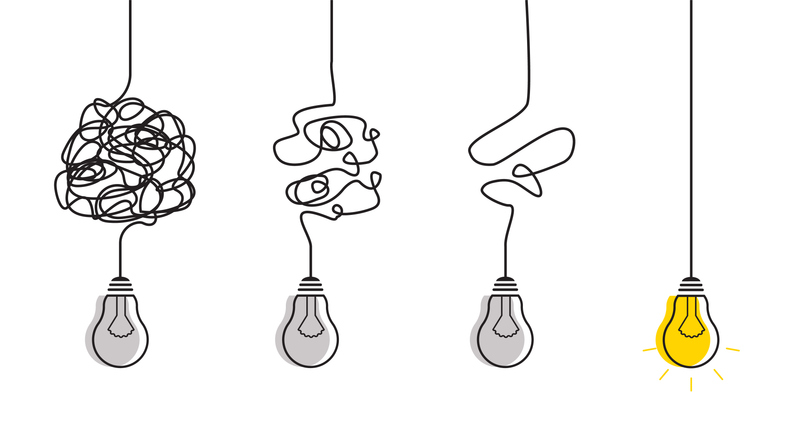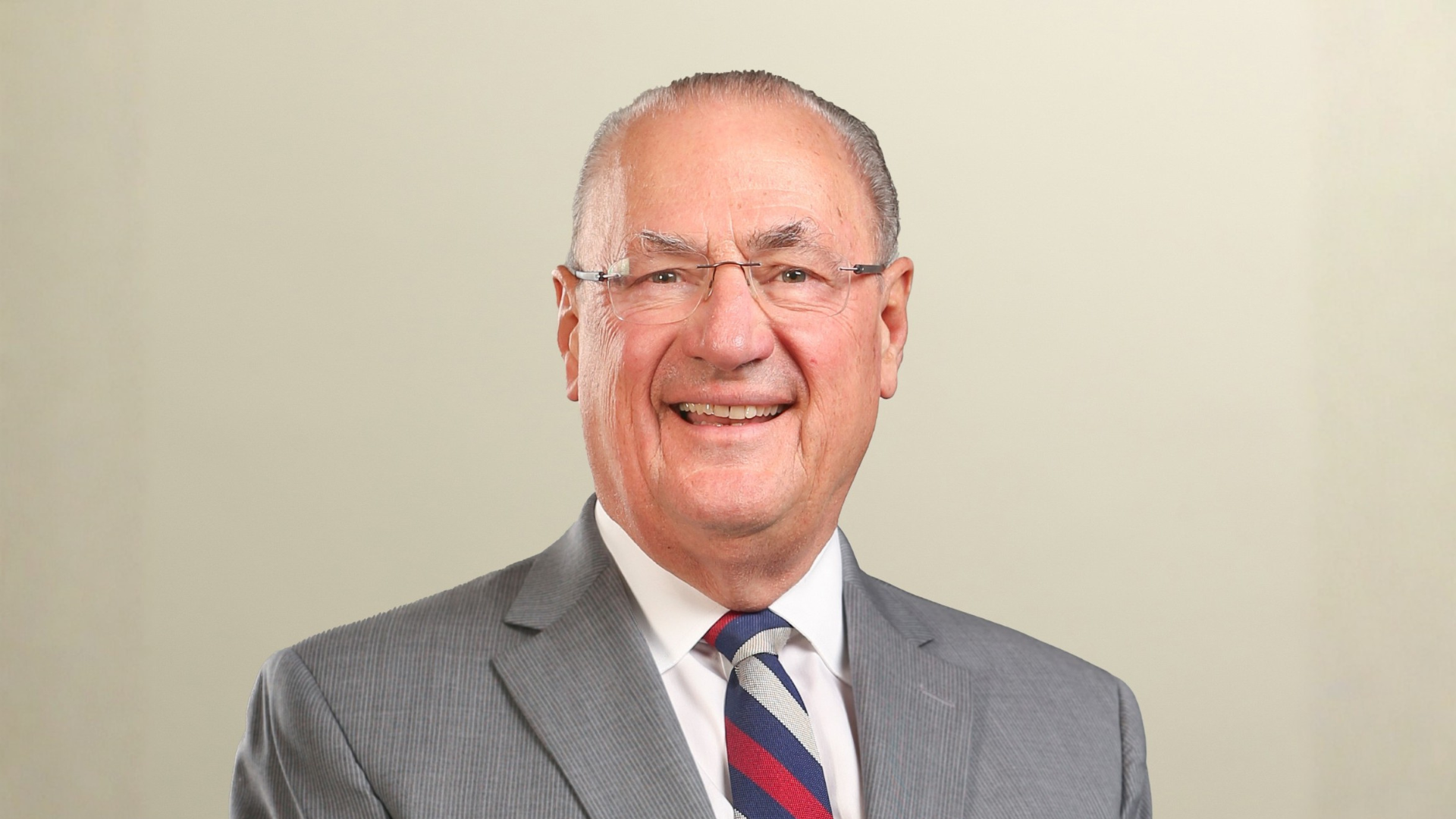The American Legislative Exchange Council (ALEC), State Policy Network (SPN) and Washington Policy Center hosted their quarterly tech policy meeting with an impressive array of panelists: Eli Dourado (Center for Growth and Opportunity), Katie McAuliffe (Americans for Tax Reform), Carl Szabo (NetChoice), and Bartlett Cleland (ALEC/Madery Bridge Associates, LLC) as moderator.
“Taxing Tech: Will State Regulation Harm Consumers and Raise Prices?” provided the opportunity for panelists to discuss the consequences of overregulation in the technology sector.
Eli Dourado began the discussion by noting that Information Technology (IT) is one of the fastest-growing sectors in our economy. When compared to other industries such as health care, construction, and transportation, the expansion of IT services has consistently outpaced other sectors. However, the proposed taxes and regulations on technology will ultimately harm consumers and stagnate innovation.
Katie McAuliffe described the concept of net neutrality and the effect on market growth. The natural acceleration of one online industry should be uninhibited: such is the case with telehealth, where one can see service expansion in the past year alone. McAuliffe proposed in the case of telehealth, network traffic ought to be prioritized given the increase in demand during the pandemic.
Policies such as the California Internet Consumer Protection and Net Neutrality Act of 2018 have given rise to similar proposals that may be seen at the state or federal level. Carl Szabo drew a parallel to the European law, General Data Protection Regulation (GDPR), which has had extraterritorial consequences across the web in the form of incessant cookie notifications. Therefore, when one state implements a regulation on a technology platform, internet users in other states, by default, have to adopt the same regulations.
This has been suggested that recent regulatory efforts, such as the recent big-tech tax by Maryland, would hurt the economy in the long run by preventing technologies from growing and negatively affecting quality in online consumer services. While Szabo agrees there should be competition at the level of ecosystems (i.e., between devices), the industry should strive for a level of stability on the devices themselves. Device app stores are presented as a reliable intermediary in the context of the technological marketplace. With the expansion of app stores on smartphones, computers, gaming services, and even televisions, there are some continued privacy concerns with the data collection that the app store provider can access. In contrast to online marketplaces in countries such as China, where competing infrastructure of varying reliability has led to higher consumer risk, app stores have led to stabilization in product quality and dependability.
Unless lawmakers make an effort to adopt policies akin to the Internet Tax Freedom Act, online consumer security may be at risk.
Here is the link to the video of the event: https://youtu.be/xEPpQowNCPQ




